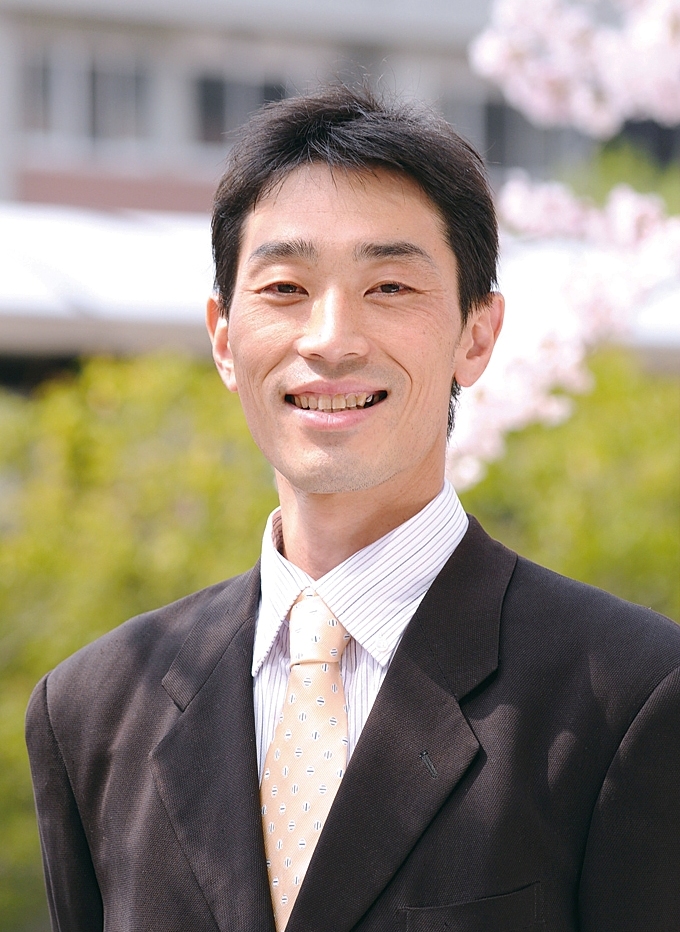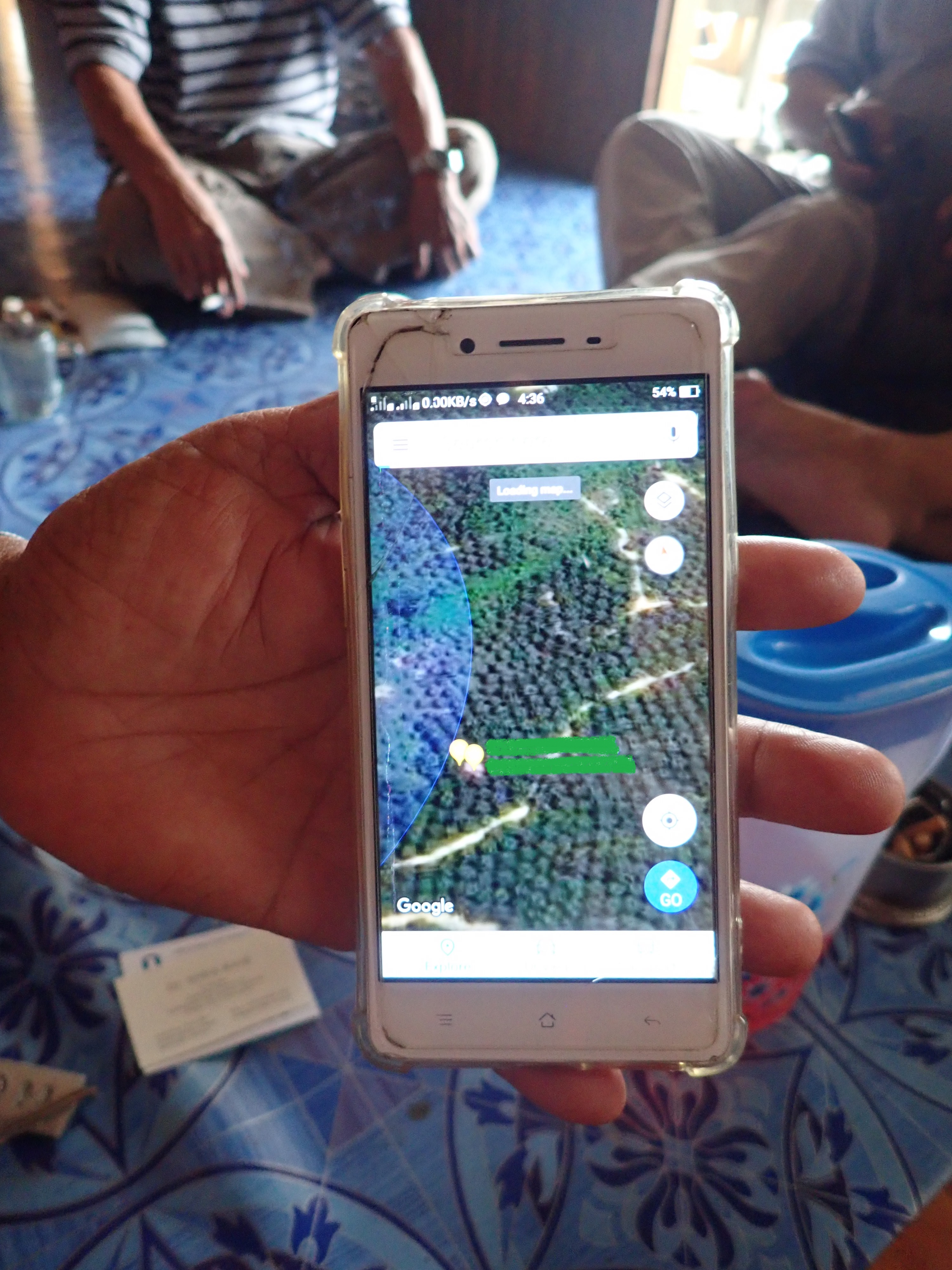Environmental Economics
Staff
Research Topics
Social sciences and humanities can contribute greatly to solving environmental problems. We are especially employing political and economic perspectives to broadly re-examine environmental issues. Based on domestic, foreign, and international researches from Asia and other regions, we wish to examine changes in human–nature relationships and the balance between development and environment.
Political economy of natural resource development and its social impact in Southeast Asia
Infosphere and local frontier society in Southeast Asia: cases in environmental and disaster management
Publication List
- Tan, N. Q., Ubukata, F., and Dinh, N. C. "Paradoxes in Community-based Tourism Initiatives: Insights from Two Case Studies in Central Vietnam". SN Social Sciences 2:71 https://doi.org/10.1007/s43545-022-00370-3, 2022
- Dinh, N. C., Ubukata, F., and Tan, N. Q., and Ha, V. H. “How do Social Connections Accelerate Post-flood Recovery? Insights from a Survey of Rural Households in Central Vietnam”. International Journal of Disaster Risk Reduction 61(2021) 102342 https://doi.org/10.1016/j.ijdrr.2021.102342, 2021
- Dinh, N. C., Ubukata, F., Tan, N. Q. and Ha, V. H. "Long-Term Improvement in Precautions for Flood Risk Mitigation: A Case Study in the Low-Lying Area of Central Vietnam". International Journal of Disaster Risk Science, https://doi.org/10.1007/s13753-020-00326-2, 2021.
- Tran, H. B. C. and Ubukata, F. "Understanding Local and Scientific Knowledge about Flooding Adaptations in Low-lying Areas of Central Vietnam". Journal of Vietnamese Environment 12(2): 123-131. 2020.
- Ubukata, F. "Environmentally Challenged Asia: in the Context of Backwardness and Diversity", in Goto, K. et al. eds. The Asian Economy: Contemporary Issues and Challenges. Routledge, Abingdon and New York. 233-249. 2020.
- Ubukata, F. and Sadamichi, Y. “Estate and Smallholding Oil Palm Production in Sarawak, Malaysia: A Comparison of Profitability and Greenhouse Gas Emissions”, in Ishikawa, N. and Soda, R. eds. Anthropogenic Tropical Forests: Human-Nature Interfaces on the Plantation Frontier. Springer, Singapore. 497-515. 2019.
- Ubukata, F. and Hoang, T. Q. “Local Struggles for the Coproduction of Natural Capital: Payment for Forest Environmental Services in Central Vietnam”, in Devlin, J. F. ed. Social Movements Contesting Natural Resource Development. Routledge, Abingdon and New York. 83-97. 2019.
- Tan, N. Q., Ubukata, F., Dinh, N. C. and Tan, D. V. “Current Status and Constraints during the Development of the Community-based Tourism in Mountainous Areas of A Luoi District, Thua Thien Hue Province, Vietnam”. Can Tho University Journal of Science 55(1): 157-166. 2019.
- Ho, T. T. and Ubukata, F. “Climate Change in Vietnam’s Mekong Delta: Soc Trang Rice Farmers’ Perceptions and Adaptive Behaviors”. Journal of Environmental Science for Sustainable Society 8. 1-14. 2018.
- Trinh, M. A. N., Kim, D-C. and Ubukata, F. “Negotiating the State-making in Vietnam borderland – Case study of an ethnic minority group in Central Vietnam,” Belgeo (Belgian Journal of Geography), 2016-4, 1-25. 2017.
- Trinh, M. A. N., Kim, D-C. and Ubukata, F. “Livelihood Strategies of Ethnic Minority in the Borderlands: Case Study of the Bru-Van Kieu in Northern Central Vietnam” Journal of the Economic Geographical Society of Korea 18(3). 296-318. 2015.
- Ubukata, F. “Exploring Villagers – Resources Network: Differences in the Pattern of Natural Resource Use in Yasothon, Thailand”. Journal of Forest Management 6(11). 188-200. 2012.

